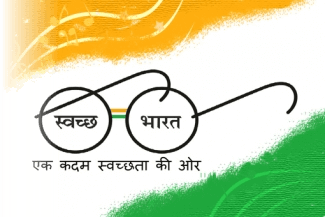National Cadets Corps
The National Cadets Corps (NCC) came into existence under the National Cadet Corps Act XXXI of 1948 (passed in April, 1948; came into existence on 16th July, 1948). NCC is a youth development movement. It has enormous potential for nation building. The NCC provides opportunities to the youth of the country for their all-round development with a sense of Duty, Commitment, Dedication, Discipline and Moral Values so that they become able leaders and useful citizens. The NCC provides exposure to the cadets in a wide range of activities, with a distinct emphasis on Social Services, Discipline and Adventure Training. The NCC is open to all regular students of schools and colleges on a voluntary basis. The students have no liability for active military service.
Objectives of NCC
The aim of NCC is to develop the ideals of discipline, character, brotherhood, spirit of courage and selfless service among young citizens. Not only this, it also aims to inculcate leadership qualities among the youth, who serve the nation, irrespective of their career. It also motivates the youth to choose a career in the armed forces
NCC Motto
NCC's motto is "unity and discipline"
NCC flag
The current tricolor flag was introduced in 1954. The three colors in the flag denote the three services in the Corps, red for the Army, dark blue for the Navy and light blue for the Air Force. The crest in gold in the middle of the flag surrounded by lotus flowers in NCC and NCC gives the flag a colorful look and a distinct identity. Each lotus represents an NCC directorate.
NCC pledge
“We Cadets of the National Cadet Corps, pledge sincerely that we will always uphold the unity of India. We pledge to be disciplined and responsible citizens of our nation. We will do positive community service in a spirit of selflessness and concern for our partner.

